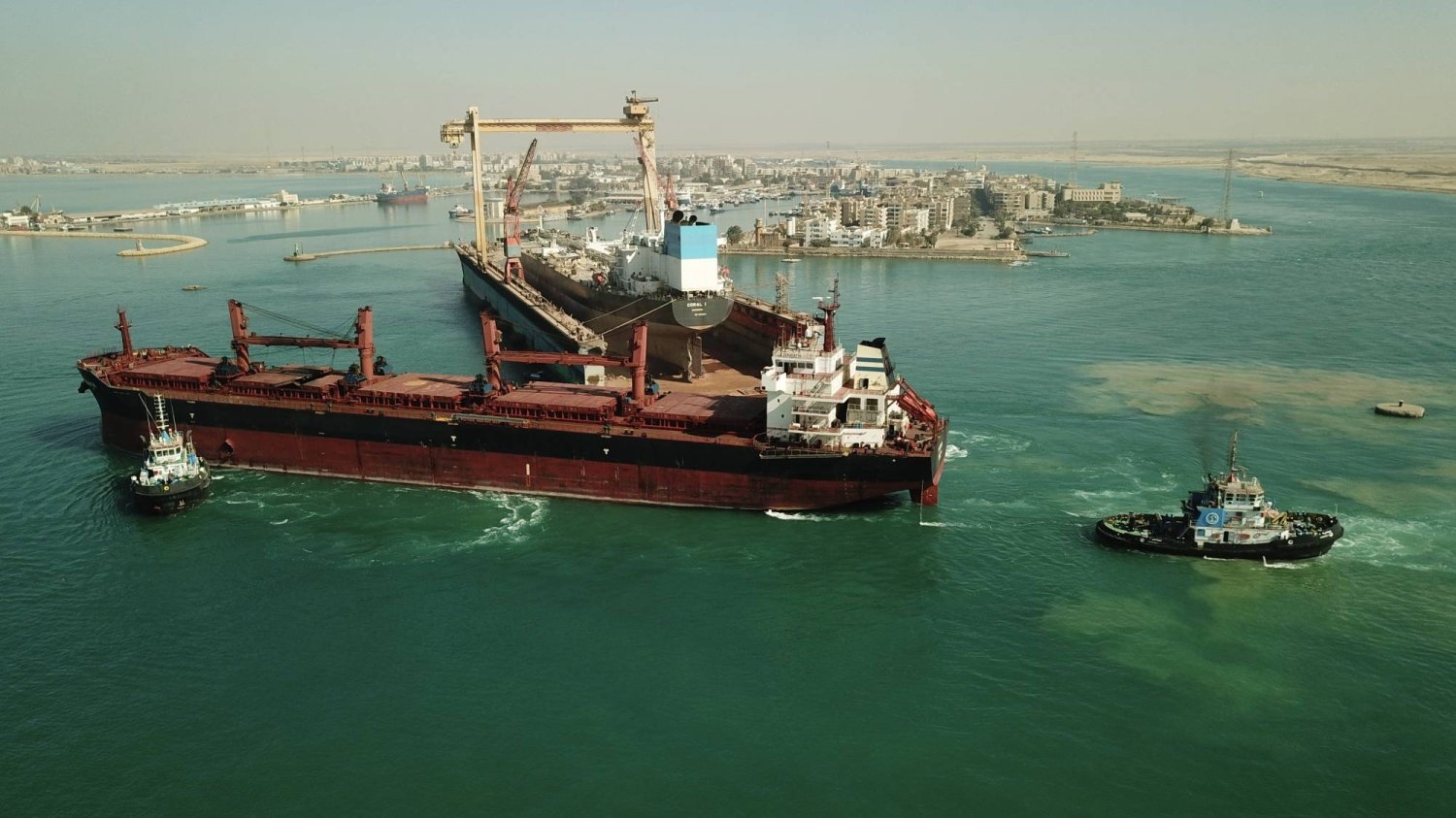India–US Trade Tensions Rise Over Steel and Auto Tariffs NMDC Limited reports a 38% drop in Q4 FY24 consolidated net profit RINL to Raise $23 Million Through Land Sales Amid Crisis

According to UNCTAD, freight passing through the Suez Canal has plummeted by 45% in the two months since airstrikes by Yemen's Houthis forced shipping organisations to redirect freight, affecting already stressed marine trading lines.
The United Nations Conference on Trade and Development, or UNCTAD, is an organisation that promotes international trade and has issued warnings about rising inflation, unstable food supplies, and rising greenhouse gas emissions.
Shipping companies have moved ships away from the Red Sea since the Iran-aligned Houthi movement, which controls most of Yemen's populous areas, began hitting vessels in what it claims is support for Palestinians in Gaza. The United States and Britain have retaliated with air strikes against the Houthis.
The agency said 39% fewer ships than at the start of December transited the canal, leading to a 45% decline in freight tonnage.
Jan Hoffmann, UNCTAD's head of trade logistics, said there were now three key global trade routes disrupted, also including flows of grain and oils since Russia's invasion of Ukraine and the Panama Canal, where low water levels from drought meant shipping last month was down 36% year-on-year and 62% from two years ago.
"We are very concerned," he told a briefing late Thursday. We are seeing delays, higher costs, and higher greenhouse gas emissions."
He said emissions were rising because ships were opting for longer routes and travelling faster to compensate for detours.
The Suez Canal handles 12-15% of global trade and 25-30% of container traffic. Container shipments through the canal were down 82% in the week to Jan 19 from early December, while for LNG, the decline was even greater. The drop-off for dry bulk was smaller, and crude oil tanker traffic was slightly higher.
Spot container rates recorded their sharpest weekly increase of $500, affecting not just Asia-to-Europe shipments but also the non-Suez route to the US West Coast, which has more than doubled. However, rates were only about half of the peak during the COVID-19 pandemic.
Hoffmann said food prices could feel the impact, adding that about half of the increases seen since the war in Ukraine were due to higher transport costs. However, end-consumers in developed countries may take some time to see an effect.
Also Read : Container volume likely to grow 8% to 342 MT this fiscal: Report VPA port handles over 80 MMTPA of cargo in FY 2023-24